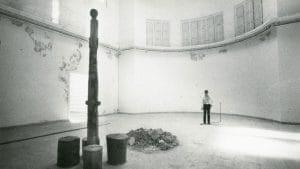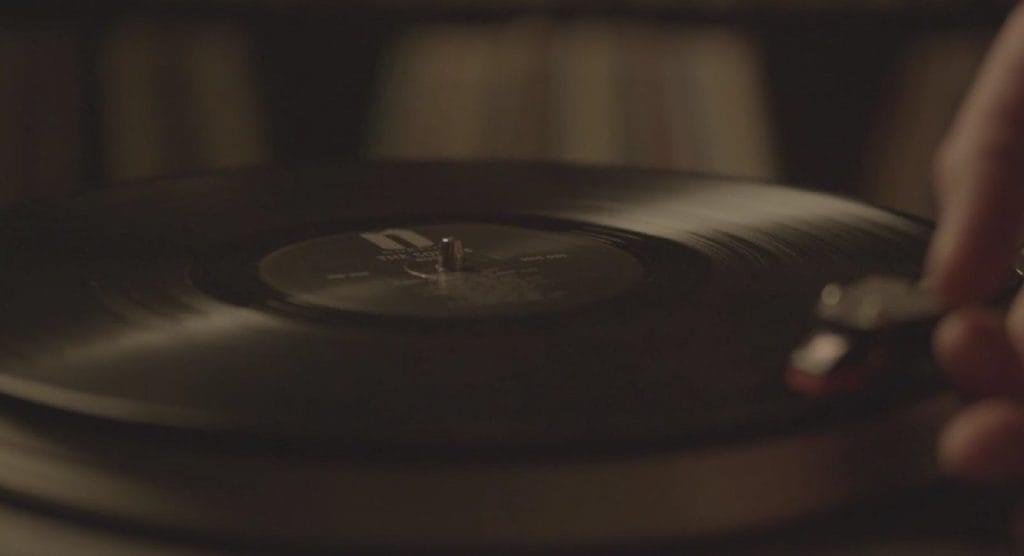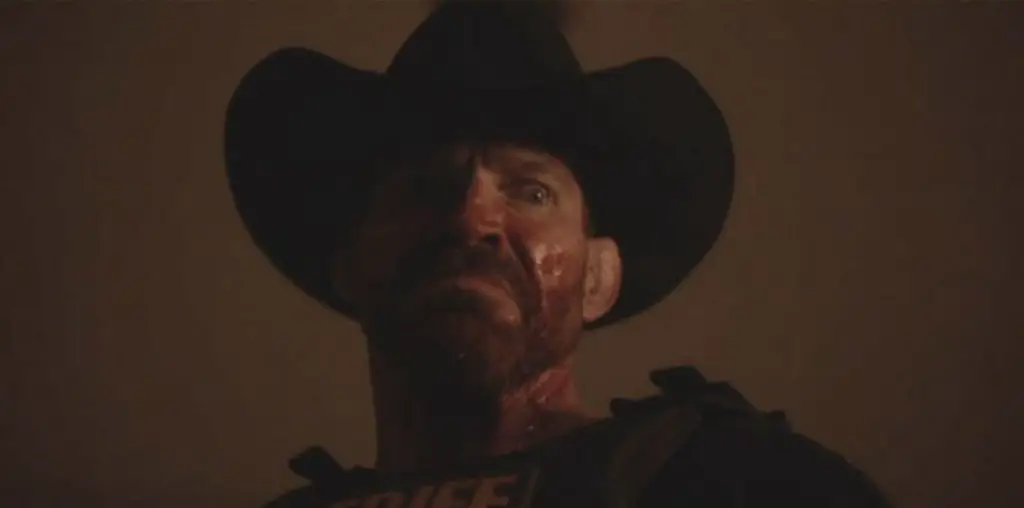
Widely considered one of the most influential artists of the 20th Century, Joseph Beuys still remains one of the art world’s most polarizing figures. His theory of “social sculpture” posits that manipulating language and action through art can dramatically alter society and the environment, definitively restructuring the definitions and purposes of art. Director Andres Veiel has compiled a massive catalogue of material spanning decades, crafting a rather peculiar and personable document reflective of its titular pioneer’s perspectives. Beuys is a sublime contemplation on the art and artist as a singular subject, achieved through a combination of technical experimentation and strong recurring motifs.

“…experimenting with structure, pacing, form, and transitioning like a Beat Generation Cut-Up.”
Immediately dropped in medias res with a series of interview snippets detailing Beuys’ attitude on contemporary art (in the 1980s) and the sociopolitical responsibility of artists, his prowess and effect on the global art scene is well-established. Massive collections of photos and stock footage of his performance pieces and candid moments are showcased alongside interview footage from acquaintances, detailing his uncompromising personal demeanor in tandem with his controversial ideas that would make him a juggernaut in the art world. After the first 30 minutes, the film follows primarily a chronological order starting with Beuys’ childhood, interspersed with a handful of explosive panel discussions from later in his career where his ideas on art are challenged and debated. It follows his being a pilot in World War II, a radical art instructor in the 1960s, to a pacifist political activist and co-founder of the German Green Party. Almost the whole of the film’s runtime is narrated by Beuys in some fashion through his massive quantities of interviews, providing every pathway necessary to reach some idea on his ambiguous career.
Ulrich Reuter and Damian Scholl’s score is eerie and unsettling, accenting many moments almost perfectly, while remaining incredibly reserved. Matthias Lempert’s sound design is rich in creative flourishes of spliced juxtaposed audio, playing excellent compliment to Stephan Krumbiegel and Olaf Voigtländer’s editing. The editing is by far the most noticeably impressive aspect to the film’s technicals, experimenting with structure, pacing, form, and transitioning like a Beat Generation Cut-Up. All of these elements are indicative of Veiel’s solid direction defined by a determined focus and playful introspection, driven by a high respect of Beuys and the ideals he endorsed.

“…a sublime contemplation on the art and artist as a singular subject.”
Beuys remains a contentious figure in world history, and this film adds to that discourse; whether what he believed in and taught was utopian nonsense or a revolutionary shattering of convention will always hang the jury. However, the visual aesthetic and informational content of Veiel’s document of Beuys is both striking and intellectually engaging. The art is scrutinized just as much as the life choices of the artist, and nothing is resolved beyond sating some curiosity, which is ultimately refreshing. Beuys should be used in art history and documentary classes alike not only as a tool for teaching its subject, but providing an excellent example on how to create a truly evocative film.

Beuys (2017) Directed by: Andres Veiel. Written by: Andres Veiel. Starring: Joseph Beuys, Caroline Tisdall, Rhea Thönges-Stringaris, Franz von der Grinten.
★★★★ / ☆☆☆☆☆


